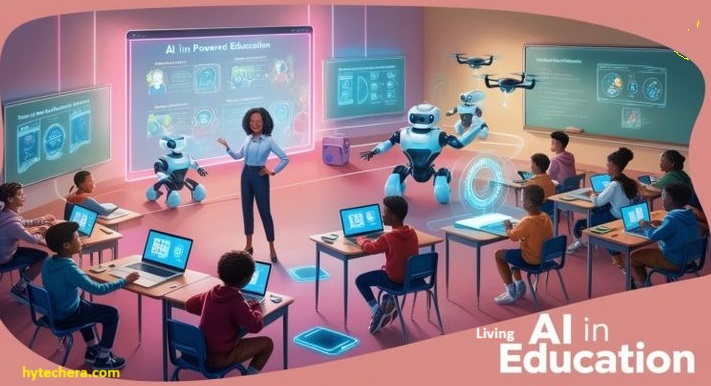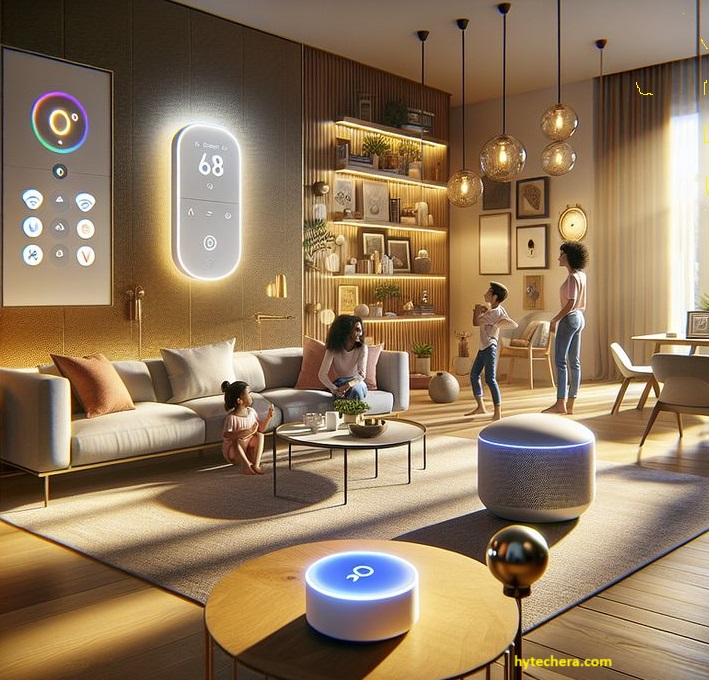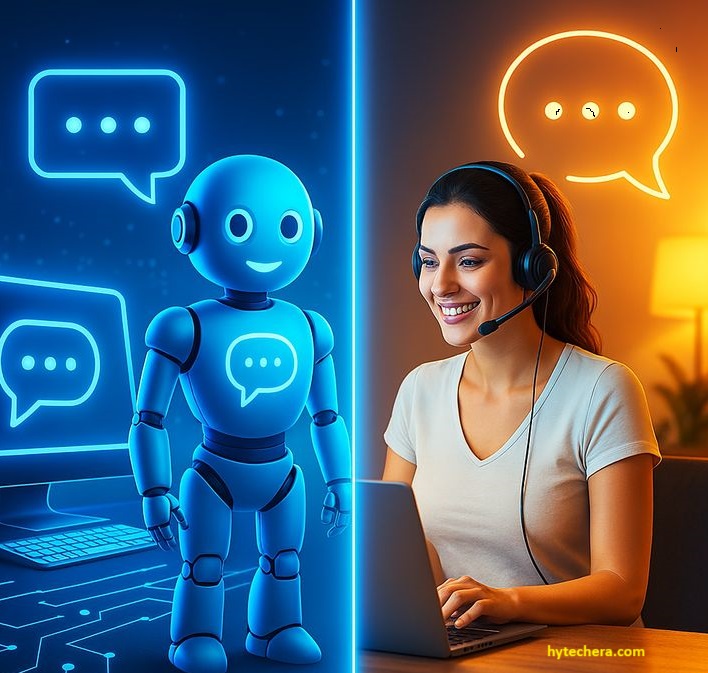Welcome to the future of AI. We are witnessing biggest breakthroughs in the world of technology in 2025. which is called as Living Intelligence. Main idea behind this Living intelligence is not like traditional AI, it can adaptive the things, learn, understand emotions and improve it self over time. This new wave of technology is built to think, respond, and evolve like a living being, it’s like giving machines a mind of their own. So this entirely change the way of how ai speak, how they help us to solve problems and how they can interact with the people.

In simple terms, Living Intelligence represents a shift from task-based AI to systems that can continuously adapt and improve. Instead of following fixed instructions, these systems respond to real-world situations dynamically, making AI more flexible and practical for everyday use.
Let’s get to know the full details about Living Intelligence in this article.
What Is Living Intelligence?
I believe it is the advance AI which is not just smart, but truly adoptive. It can learn on the fly, understand human emotions, and grow smarter with every interaction. It think like the digital machine but evolve much like human being. This means AI you Interact with could be smarter and more helpful then the one you spoke today.
In practical use, this means AI systems become more helpful over time by learning from how people interact with them in real situations.
Also read–>> The Future Is Now: Co-Intelligence Is Redefining Life and Work with AI
Some of the Key Features:
These features separate Living Intelligence from traditional AI systems by making them more adaptive, responsive, and human-like in real-world interactions.
Real time learning:
Real time learning in AI can learn on the experience just like humans. it can quickly adopt to every situation. Living Intelligence can update it-self based on fresh data, without the need of any manual programming. So finally it become smarter with every interaction.
Emotional Understanding:
Traditional ai just responds to your commands, but living intelligence is not like that. It can sense your mood based on your tone, facial expressions and behavior, and sense whether your happy, sad or frustrated. So that it can act according to the situation.
Self-Upgrading Algorithms:
Living intelligence comes with built in mechanism, so that it can update on its won without human intervention. It can learn from the mistakes, redefined it logic and decision making on its own.
Natural Human Interaction:
If talk with Living AI, it feels like having a chat with human. It understand the context, past conversations and respond on that like humans do.
Difference Between Traditional AI and Living Intelligence:
Aspect Traditional AI Living Intelligence Learning Traditional AI can learn from Pre- trained, static models Living Intelligence can learn from Real-time, adaptive and human interactions Interaction It interaction feels like Rule-based, robotic Feels like human Emotion Recognition Limited amount of Emotion Recognition Advanced empathy and sentiment analysis Upgrades Needs Manual updates every time comes with built-in mechanisms that allow it to upgrade on its own.
The main difference lies in adaptability. Traditional AI operates within predefined limits, while Living Intelligence evolves continuously. This shift allows AI systems to respond more naturally and effectively to changing human needs.
Real-World Applications in 2025:
1. Healthcare:
To understand patients emotions, medical history, and real-time feedback, doctors are supported by Living AI systems. This systems helps the doctors to create treatment plan. Having Living AI on your side is like having a digital assistant.

2. Education: Emotion-Aware AI Tutors:
Living AI makes the education very easy and effective for students. This AI changing the way of way of entire education model. These are more than just AI tutors, tracks student mood, and stress levels in real time.

From what I have observed, these applications feel more effective when AI systems adjust based on real-time feedback rather than fixed responses.
3. Smart Homes:
Imagine Living AI in your home, is like having smart assistant that sense your mood and responds according to that. It dims the lights, plays music, and even recommends a breathing exercise for your health benefits.

4. Customer Support:
In 2025 many business use Living AI as customer support to offer responds with empathy about a failed delivery.

Benefits of Living Intelligence:
Living Intelligence offers several advantages that make AI more practical and impactful in everyday life.
Better Decision-Making: It learn form the past mistakes and gain an experience from them. So that it takes a better decision making in real world.
Emotional Intelligence: It can sense your mood based on your tone, facial expressions and behavior.
Continuous Learning: Living AI can learn on the experience just like humans. So it become smarter with every interaction.
Challenges & Concerns:
Privacy Risks: With deeper data access of your personal data, there is always a sign data misuse. Especially If it falls under wrong hands.
Over-dependence: When the availability AI increases, people began to depend on much more, this can lead people to loss their creativity, thinking and emotional resilience.
Bias & Ethics: The main source of AI to learn is data it receives. But if the data is biased, it would leads ai to make unfair decisions. It is very important to prevent biases.
While these challenges exist, they also highlight the importance of responsible development and ethical guidelines. Addressing these concerns early can ensure Living Intelligence benefits society without compromising trust or safety.
Final thoughts:
We are now in the world where technology can sense, feel, and adapt like never before. Living intelligence has the capability of changing the way of people lives from work and education to healthcare and entertainment. The future of AI is not just smart, its alive.
How this technology is guided and regulated will determine whether Living Intelligence becomes a positive force or a complex challenge for the future.


